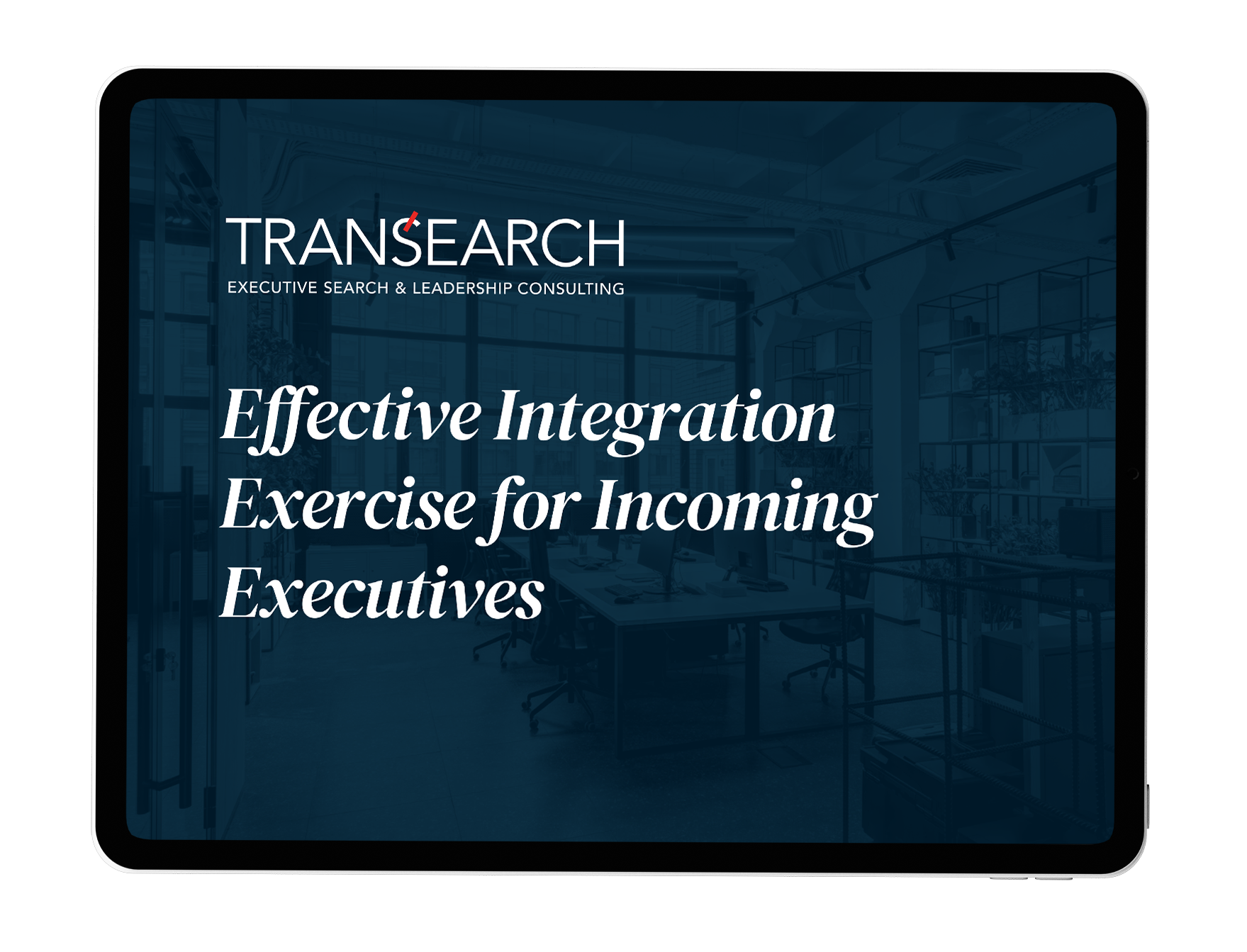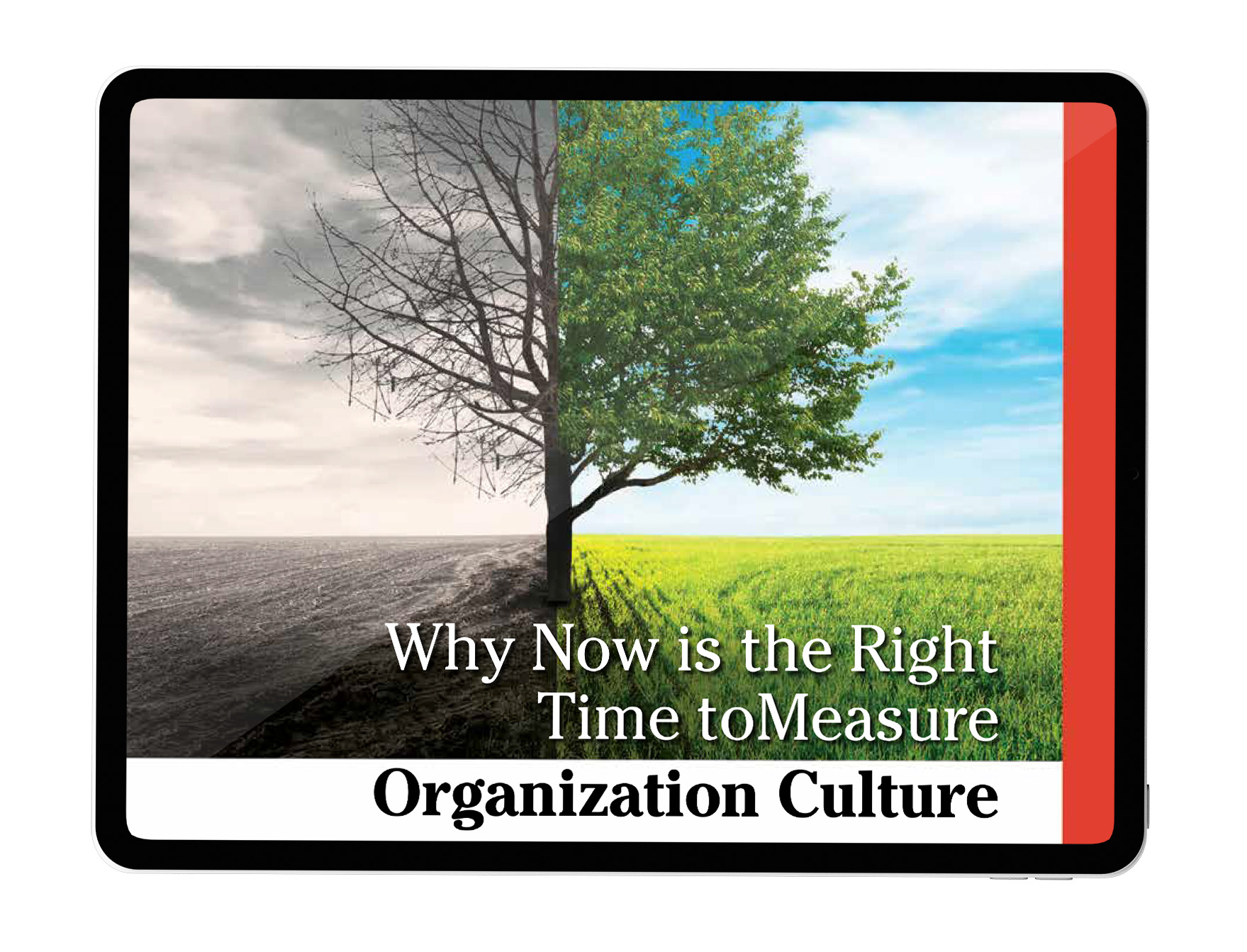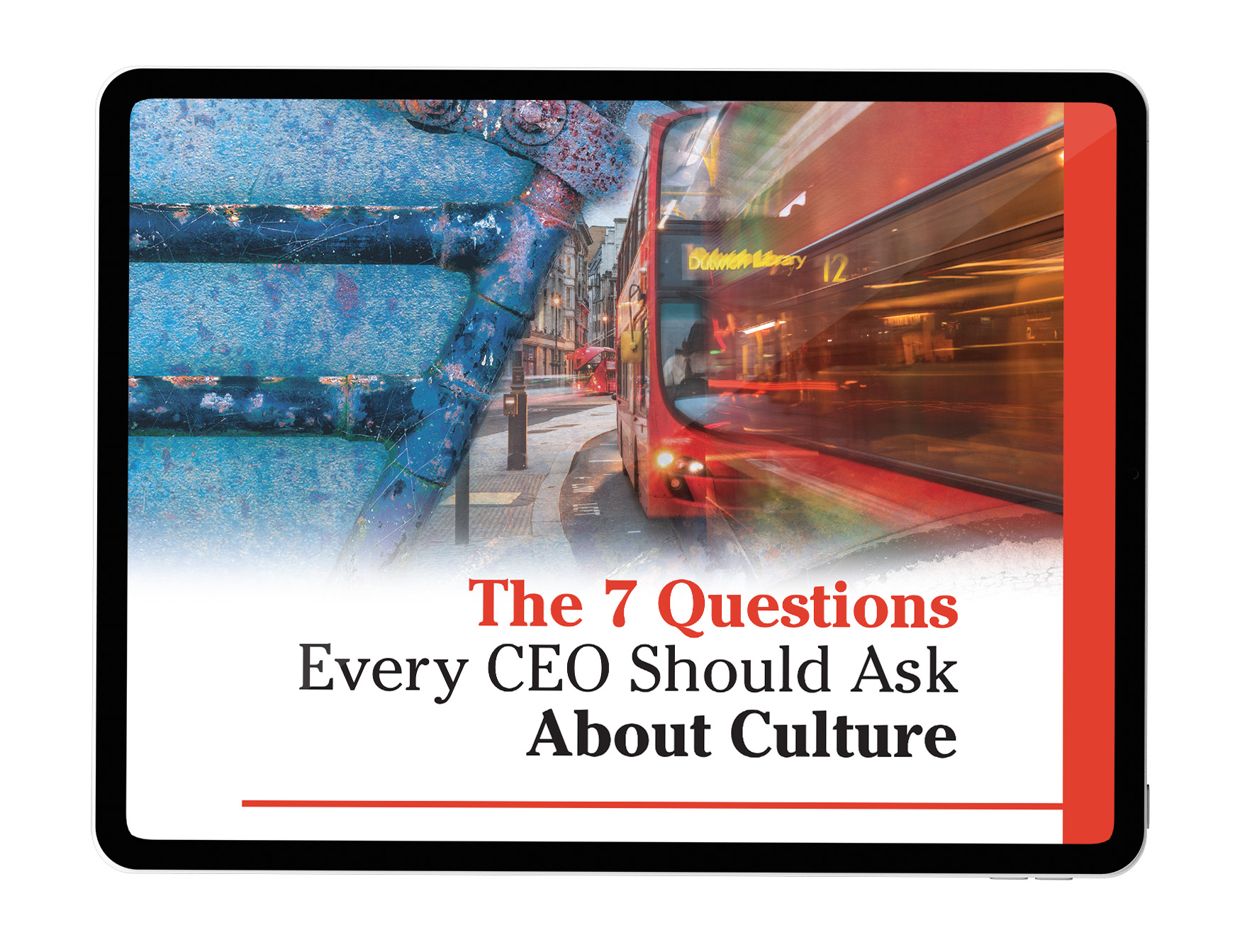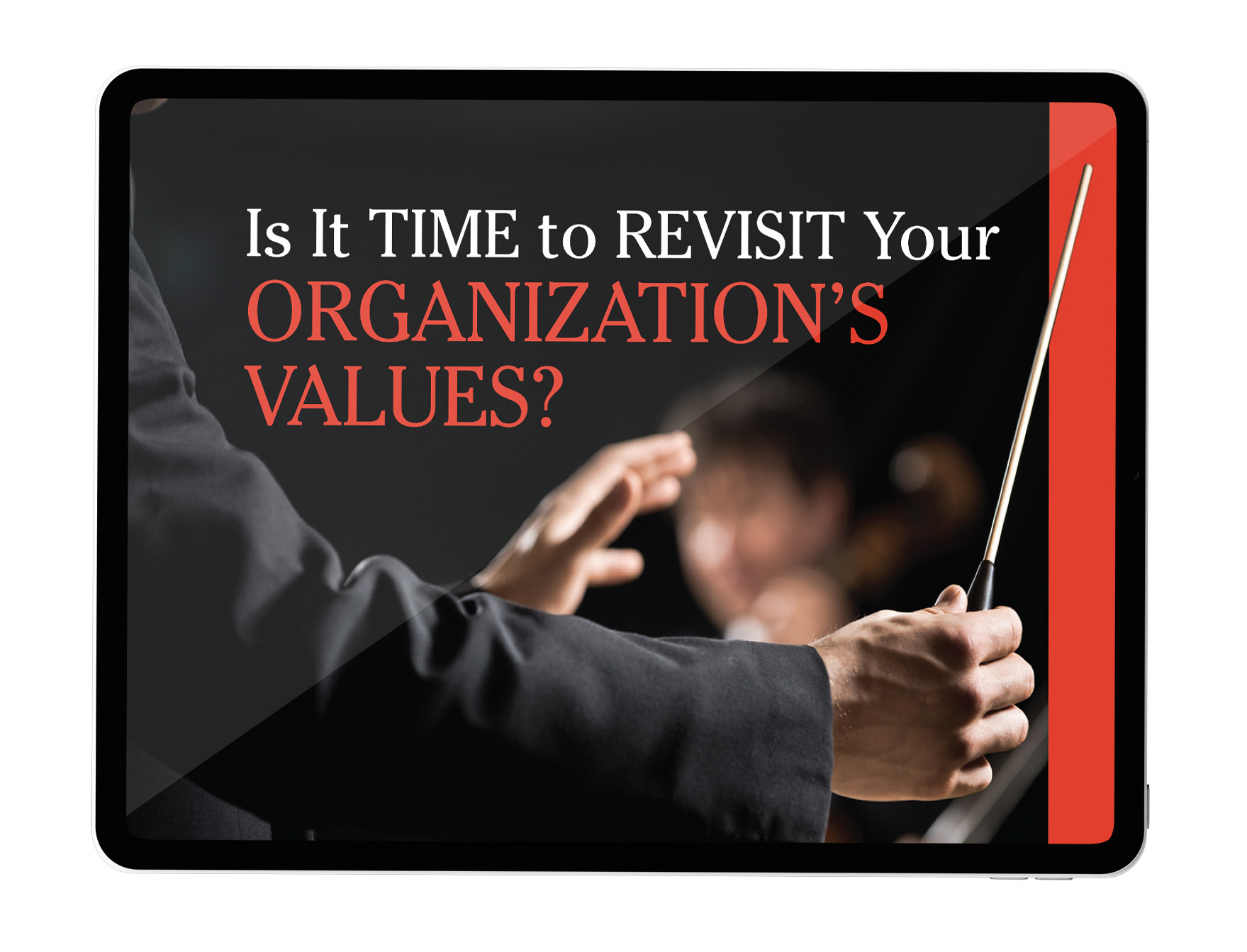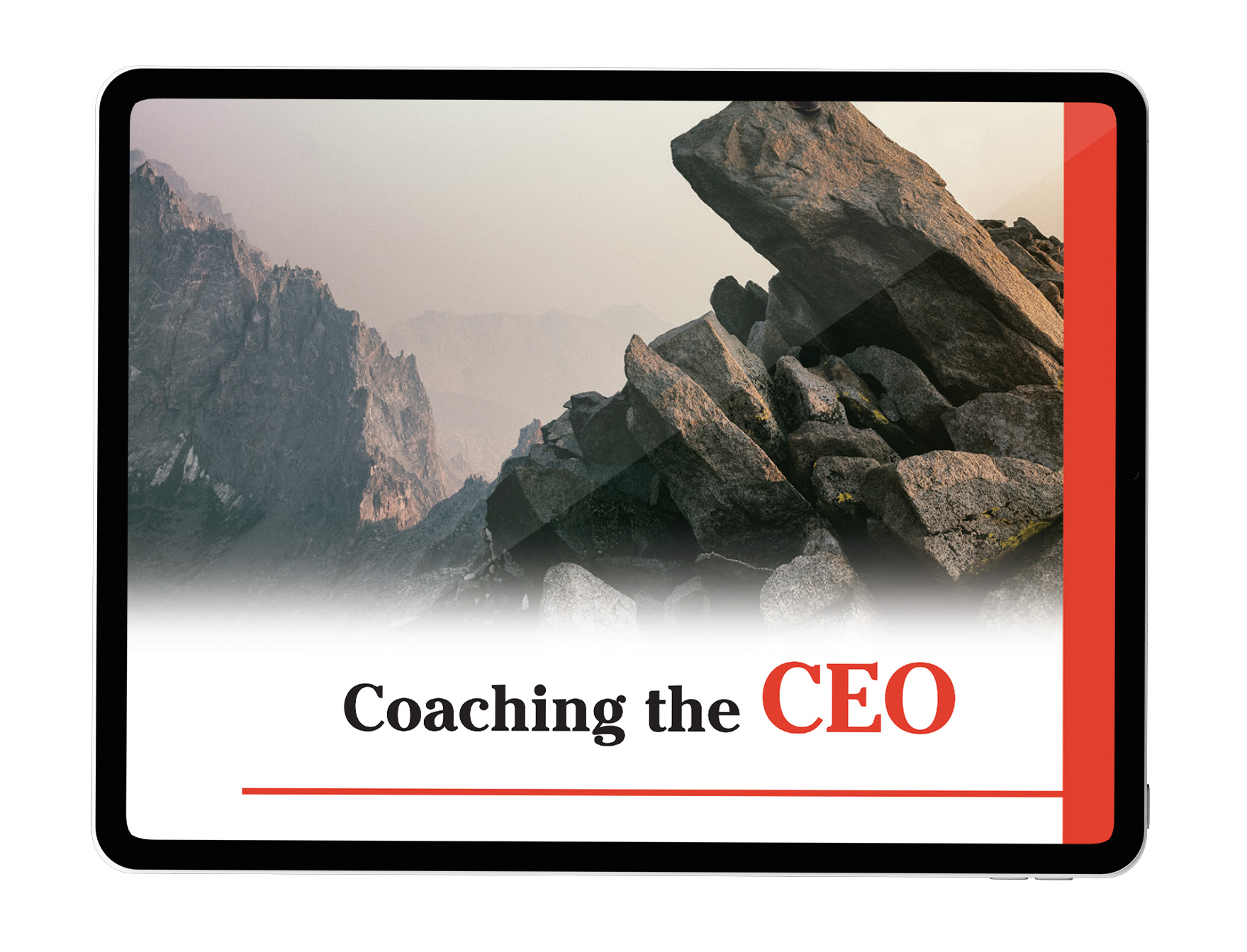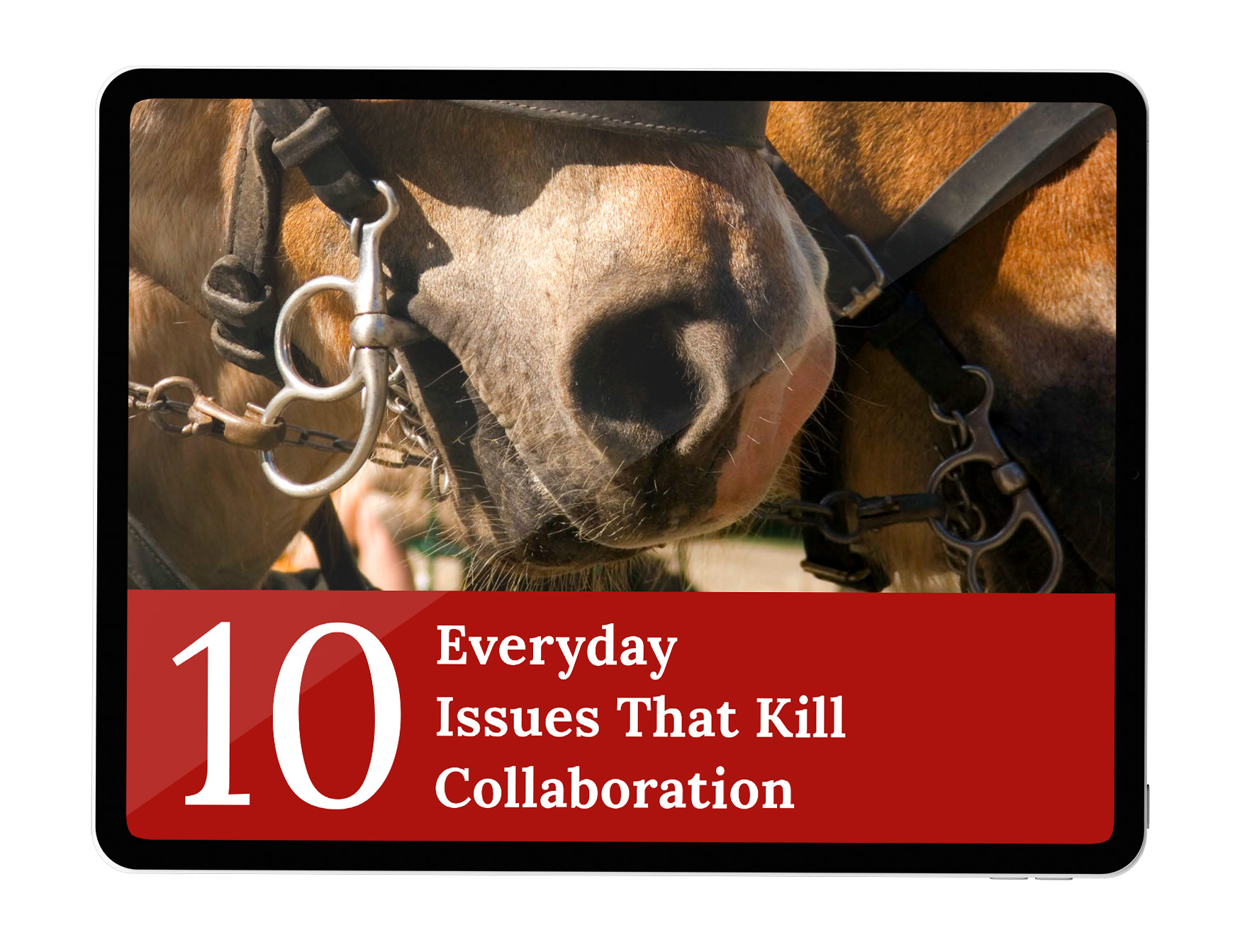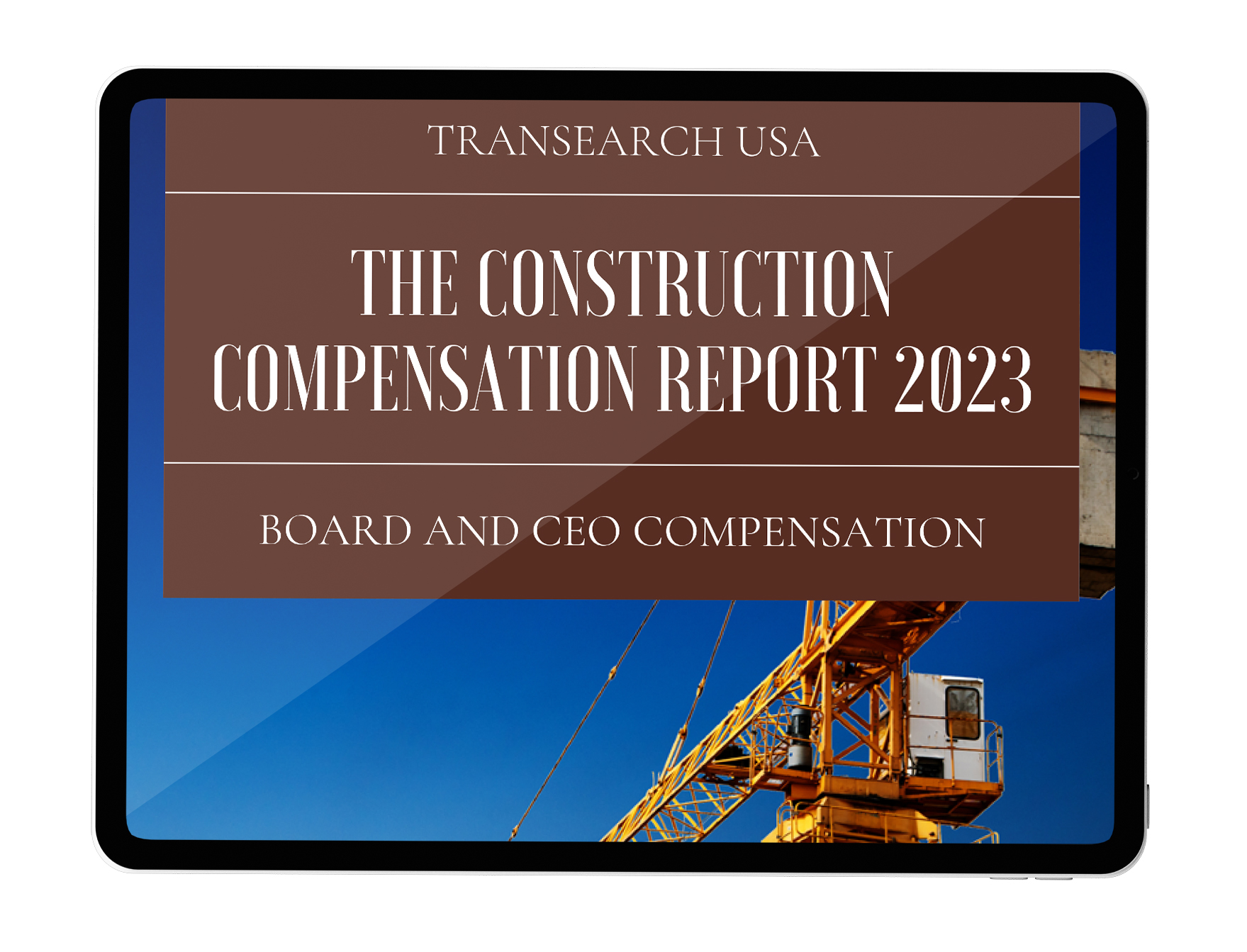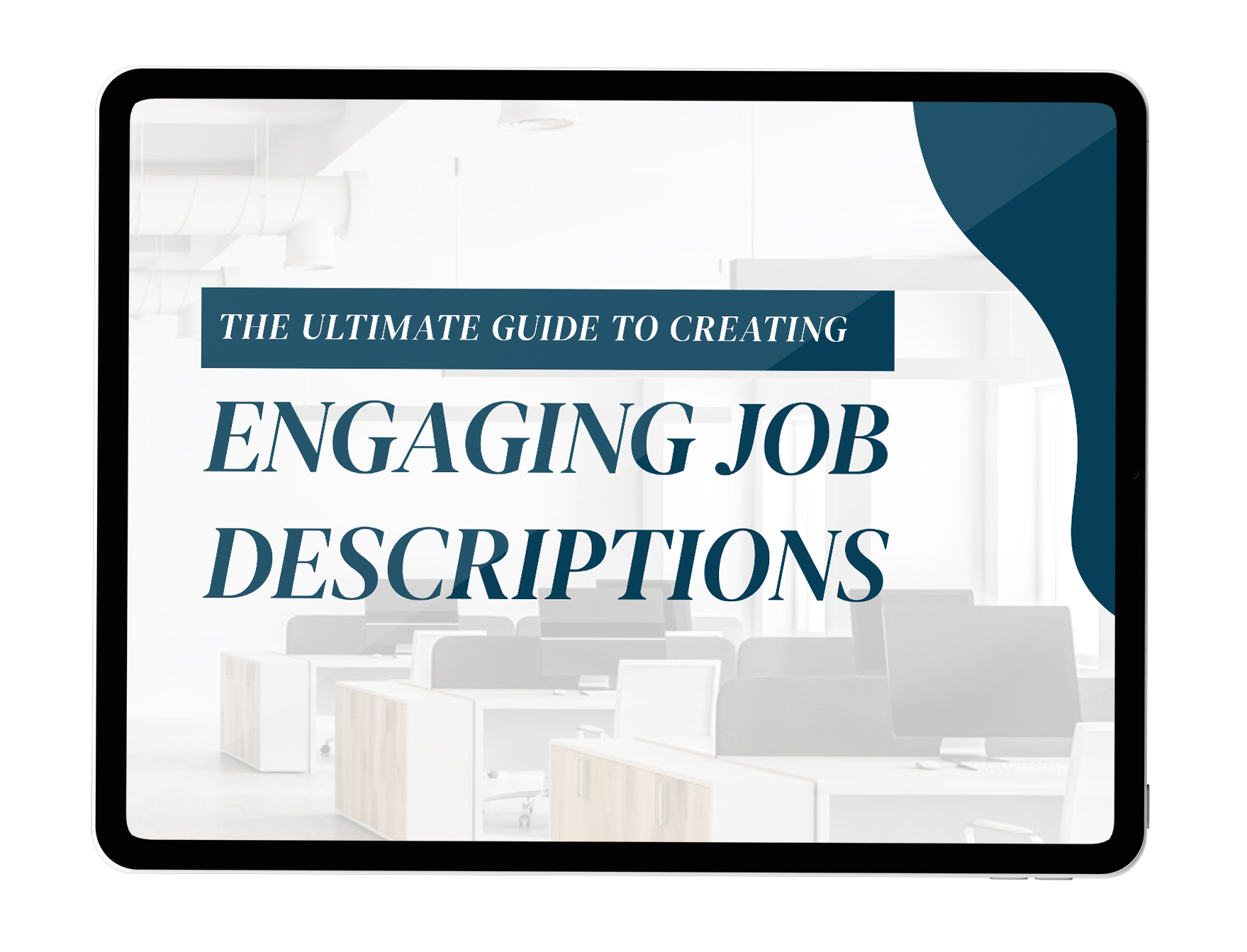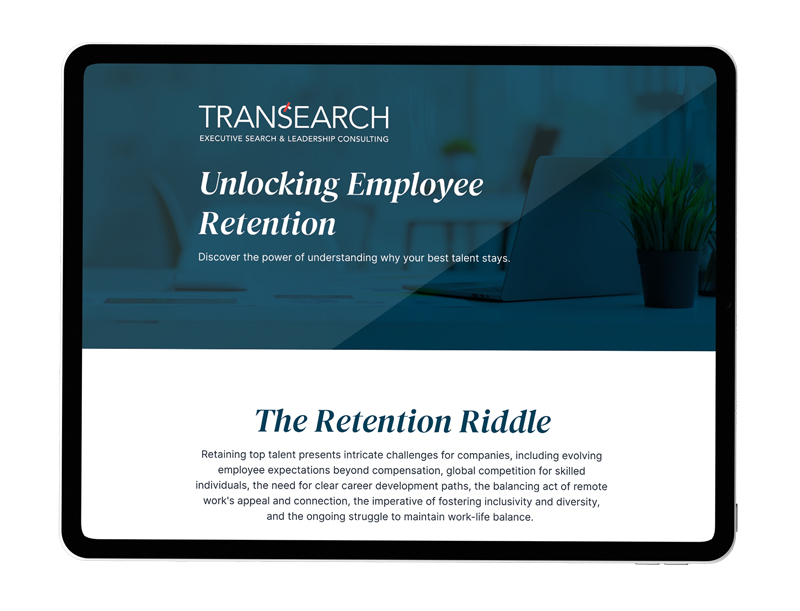As the labor market sizzles and businesses lose their high-performing leaders, the push for retention means counteroffers are gaining momentum. It is the “easy” solution when losing a manager or leader.
Livecareer surveyed 1,000 hiring managers and found “more than a third of managers countered with a 10% raise to employees they sought to retain and …nearly a third gave out more vacation time or a transition to a different role.”
A confluence of factors is driving this trend. The persistence of the Great Resignation, which saw 47 million Americans quit last year, and employees who have become accustomed to working from home. Today’s candidates expect a menu of work/life balance opportunities, including flex hours, remote work, and higher pay. High turnover prompts some employers to put forth counteroffers when employees hand in their resignation letters or show an offer from a different employer.
Employees are flattered when they receive a retention offer thinking, ‘They must want me to stay if they’re willing to pay me more, serve up extra vacation time or give me a fancier title.’
Organizations need to weigh whether it’s worth it to counter a team member who ostensibly already has one foot out the door.
With so many pros and cons to ponder, it’s our pleasure to provide key questions people must ask themselves before offering or accepting counteroffers.
There is hidden risk for the candidate and the organization.
Ask yourself:
1. Why did you initially decide to look for a new job?
Were you unhappy in your role? Was there something about the company that turned you off? Are you challenged and supported? Do you have a clear career path? Have you received the training and career development you were promised? Were you testing the waters for more money?
Does the counteroffer on the table address or improve those issues?
2. What will you GAIN from a counteroffer?
Staying put can provide you with peace of mind since you’ll have familiarity with the organization and role and perhaps a greater sense of job security. It can also be a confidence booster, seeing that your employer wants you so much they are willing to give you more, monetary or some other retention incentive.
Most managers will start with compensation and possibly title, meaning more money in your pocket; nearly 20% of hiring managers handed out a 20% raise. Accepting a counteroffer may mean you don’t have to move or disrupt your family life. You won’t lose seniority or accrued PTO. You will continue your career in a familiar culture and environment.
Digging a little deeper, we see that a counteroffer isn’t the vote of confidence it appears. It may do just the opposite. Even when employers make a counteroffer, 80% of senior executives lose trust in those employees. While 71% question the team members’ loyalty, 45% of hiring managers perceive counteroffers as a short-term fix for a long-term problem. It doesn’t address the underlying issues prompting the person to search elsewhere initially.
3. What might you LOSE if you accept?
In a recent CNBC article, about 40% of senior executives and HR leaders noted that accepting a counteroffer from your current employer isn’t the internal reputation booster it appears. The potential damage to your career trajectory at your current company can be significant. Career counselor and author Arlene Hirsch told the Society for Human Resources, “If you signal that you’re unhappy, and if your boss personalizes your desire to leave, then staying doesn’t make sense no matter what they offer you. Your motives will be suspect from that point on.”
There’s also the broader industry reputation factor. Let’s say you snap up the counteroffer. Now you’ve got the employer who made you the job offer, at the very least, disappointed you turned them down. In a worst-case scenario, if they found out you took the counteroffer route, your brand in the industry could be hurt, with you perceived as someone who ‘plays the field’ and isn’t loyal.
4. Is the risk worth it?
To answer this key question, it’s helpful to look at the data. Perhaps the most telling statistic is that three-quarters left within three years after accepting the counter. Yes, the employee can earn more money or other perks in the short term. But ultimately, since they didn’t gain the benefits of longevity and tenure discussed in question number 2 and suffered the setbacks mentioned in three, the risk appears to trump the reward.
Another angle to examine is what happens if the counteroffer isn’t anything close to what the person was seeking, and they end up turning it down. The research shows that after an employee rejects a counteroffer, 75% secure more money in their new position, the majority – 61% – feel they have a better job overall. More than 80% are satisfied with their new opportunity.
Final thoughts
In these red-hot labor market times, retention is on everyone’s mind. About half the organizations across the U.S. are willing to counteroffer, usually in the name of retention. Employees are keenly aware of this and may find it tempting to pursue new opportunities with the hope of securing more bucks and perks.
But the long-term consequences of landing what is short-term benefits may not serve you and your career over time. If the organization and team members look at the big picture of what a counteroffer should yield, don’t count on it delivering those results!













